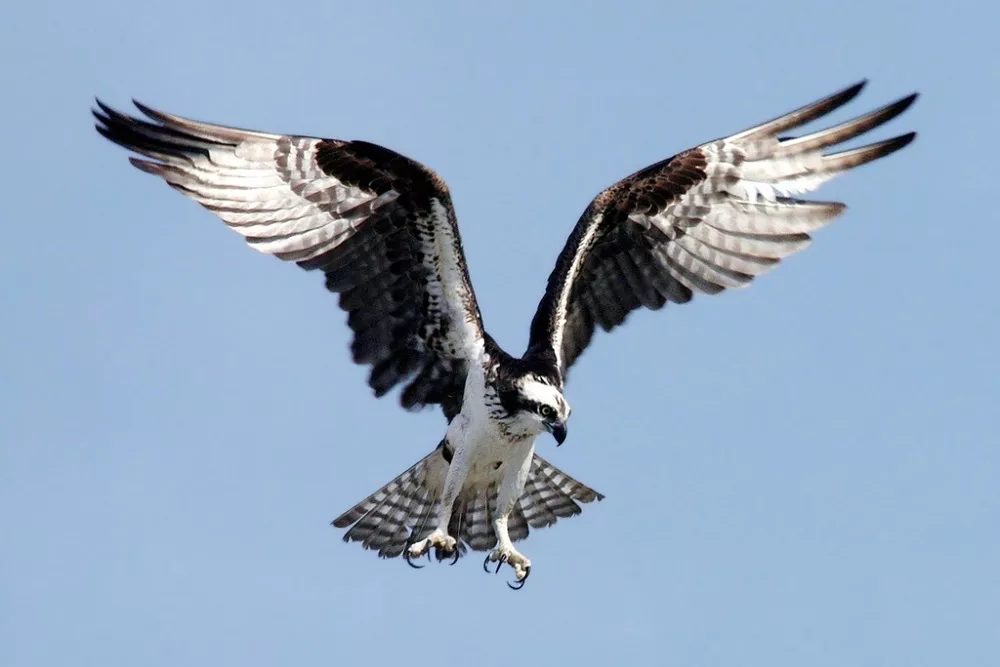Falcons, with their incredible speed and agility, have long been a favorite among falconers. But can you have a falcon as a pet? The short answer is no, but let’s explore why.
Falconry vs. Pet Ownership
First, it’s important to understand that falconry is not the same as pet ownership. Falconry is a highly regulated sport that requires a license, extensive training, and strict adherence to laws and regulations. The primary goal of falconry is to work with a bird of prey to hunt game in its natural habitat, not to keep the bird as a pet.
Falconry is tightly regulated by federal and state laws in the United States, and obtaining a falconry license requires passing written and practical exams, as well as meeting other requirements such as apprenticeship under an experienced falconer. Falconers are also required to adhere to strict regulations on housing, transportation, and care for their birds.
Why Falcons Don’t Make Good Pets
Falcons are wild animals that have evolved to live in the wild. Keeping them as pets is not only illegal but also unethical and cruel. Falcons have complex social structures, instincts, and behaviors that cannot be replicated in captivity.
Even if it were legal to keep a falcon as a pet, they are not suitable for life in a domestic setting. Falcons require specialized diets, housing, and care that most people are not equipped to provide. They are also not social animals and do not bond with humans in the way that dogs or cats do.
Furthermore, falcons are equipped with sharp talons and beaks that can cause serious injury, making them dangerous animals to keep as pets. Even experienced falconers with years of training and expertise must take precautions to avoid injury when handling their birds.
In conclusion, falcons do not make good pets. Falconry is a highly regulated sport that requires extensive training and expertise, and keeping a falcon as a pet is illegal and unethical.


 Facebook
Facebook  Instagram
Instagram  Youtube
Youtube 